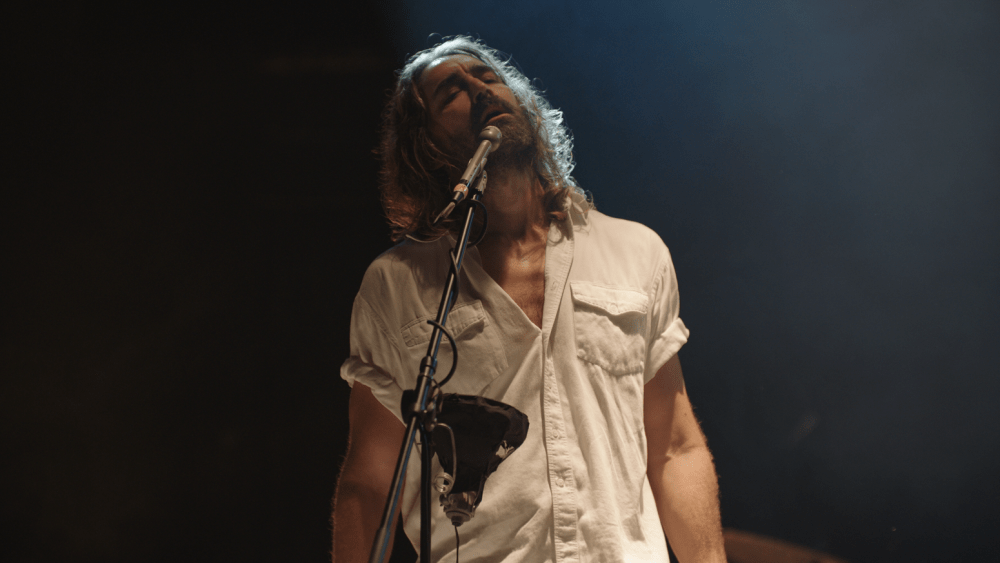Lee Pace on Berlin Thriller ‘After This Death’ and Wild Character
Lee Pace and his co-star Mia Maestro have been friends for more than a decade. “I can’t believe I’m saying this in an interview,” chuckles Pace, “but Mia and I did the last ‘Twilight’ film together. However, that was kind of just the very beginning of our friendship.” It was through Maestro, the lead in Lucio Castro’s critically acclaimed 2020 debut feature film “End of the Century,” that Pace was introduced to the filmmaker. Now the actors star together in Castro’s “After This Death,” which premieres Feb. 19 as a Berlinale Special Gala. The drama follows Isabel (Maestro), a pregnant woman who gets entangled in a passionate affair with an enigmatic alternative musician Elliot (Pace), after meeting him while hiking alone in upstate New York. However, the beguiling Elliot soon becomes distant and disappears without warning. This leaves Isabel to face unsettling threats from Elliott’s obsessive fans as she attempts to uncover the truth behind his disappearance.
What drew you to “After This Death”?
I was a big fan of “End of the Century.” I thought Lucio’s work had this kind of spiritual, mysterious and very delicate quality to it. So, when he told me there was a role in his next movie for me, I was very eager and open to seeing what that role was. And reading the script it had that element from his previous work and there was a smallness to the movie that I really appreciated. And, I really wanted to work in that way.
How would you describe your character?
Elliott is a wild thing. And I just had a really good time thinking about him as this wild thing. He’s erratic and just kind of says what pops into his head or what he thinks is kind of suits the moment in a way. He’s not an honest person but I also don’t think he’s a character with motive.
I think with Isabel he’s a provocateur. He has a very tricksy emotional intelligence with her, like a Demon entered her life for a period of time and disrupted everything. And then just disappeared. But their relationship is one of those where you don’t really get a very thorough connection with each other, but there’s something about the electricity between you that lives.
What was it like working with your longtime friend Mia Maestro?
I adore Mia. She has kind of a wild fairy quality to her. That’s one of the things that I love most about her and why I’m very much drawn to her. But I said to Lucio early on, I think it’s better if me and Mia don’t really talk too much about the characters and what our characters are doing, because I really wanted the experience of just playing the scenes with her.
There’s a thing when you work with your friends where sometimes it doesn’t work that you bring the tone of your relationship into the characters. And with this dynamic, I wanted to carry the tone of not having too many conversations into the scenes because there are not many scenes that the characters share.
How was your experience working with Lucio Castro?
I found him to be very relaxed in a way. He was so well prepared. He had a great relationship with his DP, and I think they made the movie look extraordinarily beautiful and we mostly stuck with the script pretty much. I also had a great time working with Robert Lombardo, the composer, and did so very closely because he wrote all the songs that I sang and taught me them. The music, I would say, guided me towards the character, the kind of enigmatic poetry of him. And that I think that met Lucio’s delicate but direct approach.
What are you working on next?
I don’t really have a big plan about what I want to do next from a big-picture lens. But right now, I’m working on “The Running Man” reboot with Edgar Wright, a director I have been a fan of for years. And so, when he asked me to be a part of this film, I was like, “Absolutely! You tell me where to be, and I’m there.”


